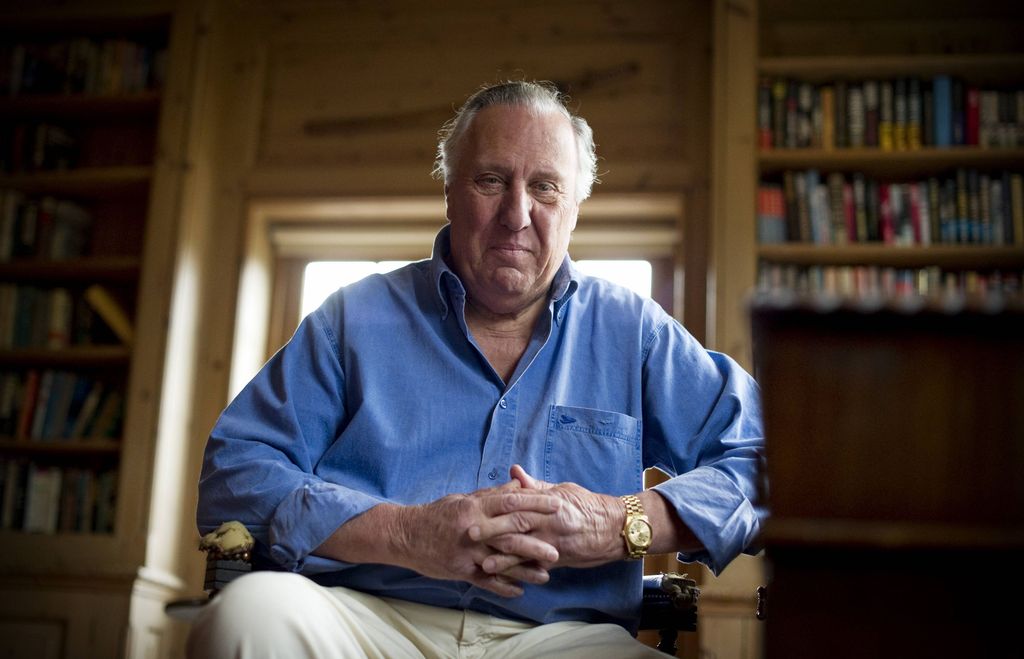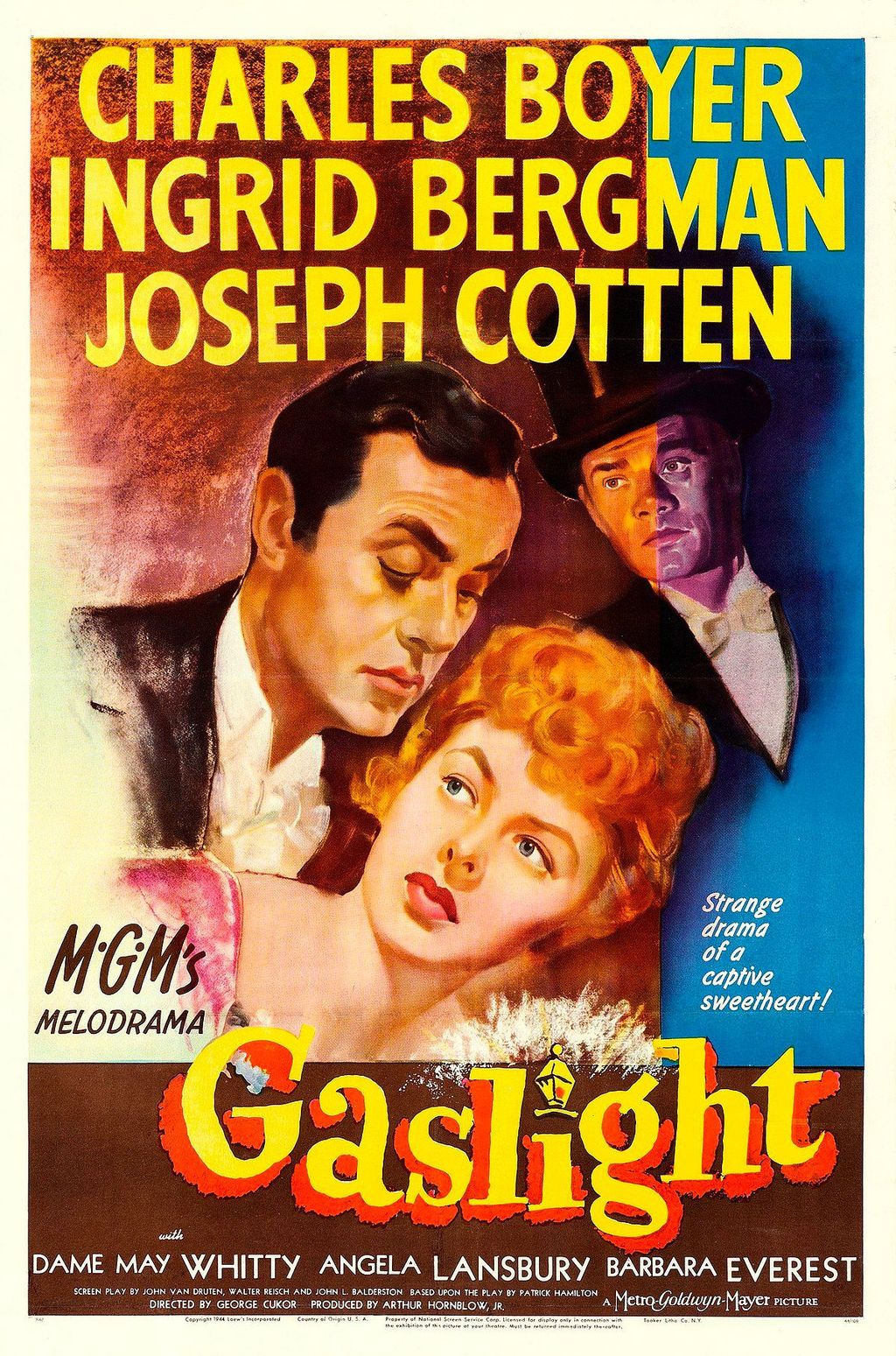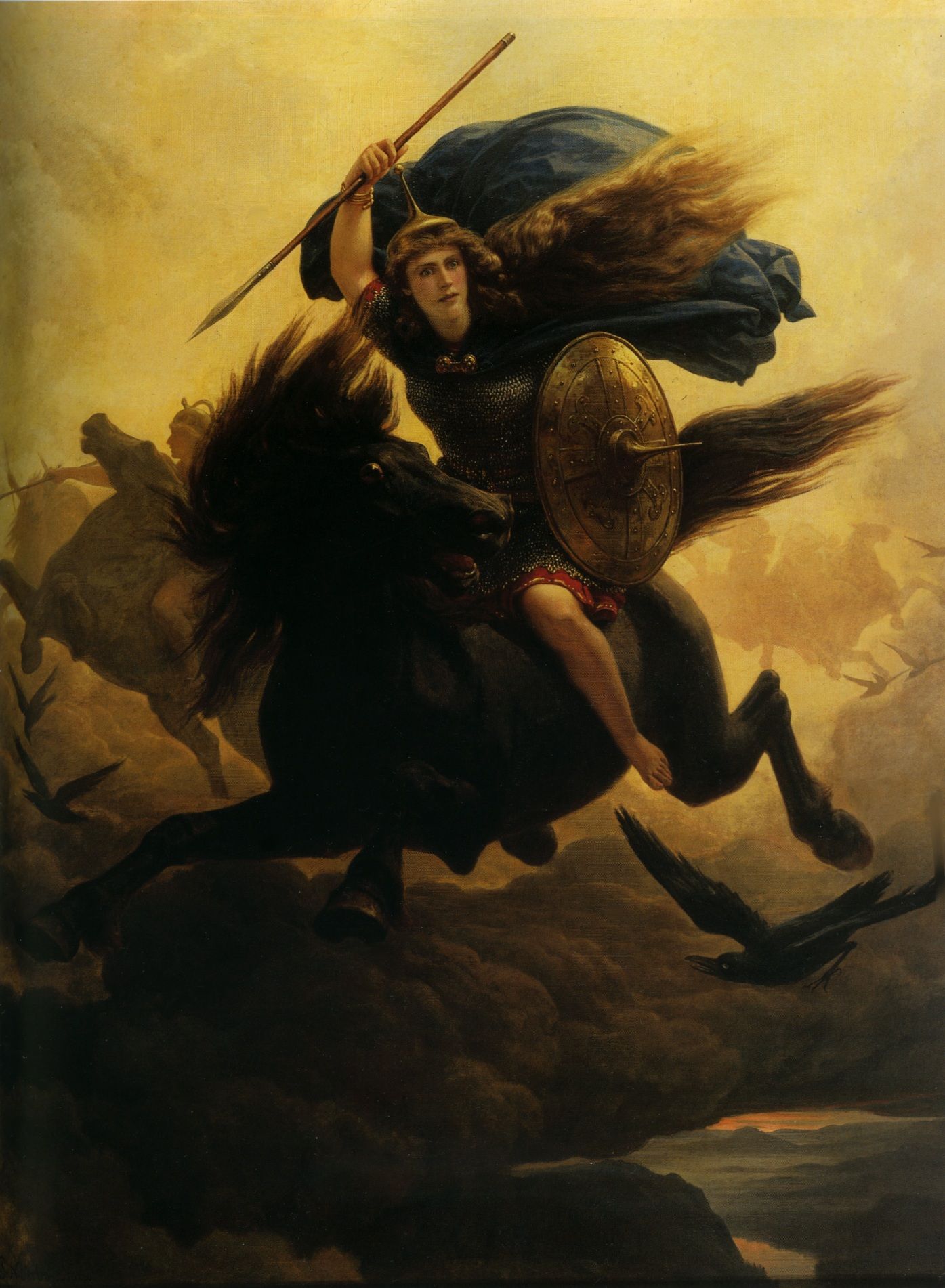
Frederick Forsyth, the acclaimed British author whose groundbreaking geopolitical thrillers captivated millions worldwide, passed away at his home in Jordans, a village north of London, at the age of 86. His literary representative, Jonathan Lloyd, confirmed his death, noting it followed a short illness. Forsyth leaves behind an unparalleled legacy, having penned 24 books, including 14 novels, selling over 75 million copies, and profoundly influencing the crime thriller genre.
Known for his meticulous research, taut prose, and plots embedded in an international demimonde of spies, mercenaries, and political extremists, Forsyth transformed his extraordinary life experiences into some of the most enduring works of fiction. His novels, such as “The Day of the Jackal,” “The Odessa File,” and “The Dogs of War,” not only topped best-seller lists but also became critically acclaimed film adaptations, solidifying his place as a master storyteller and a significant voice in 20th and 21st-century literature.
This in-depth article embarks on a journey through the remarkable life and career of Frederick Forsyth, exploring the pivotal moments and works that defined him. From his early adventurous pursuits and distinguished journalism career to the genesis of his most iconic novels and his unique blend of fact and fiction, we examine the foundational elements that forged a literary giant whose influence continues to resonate.
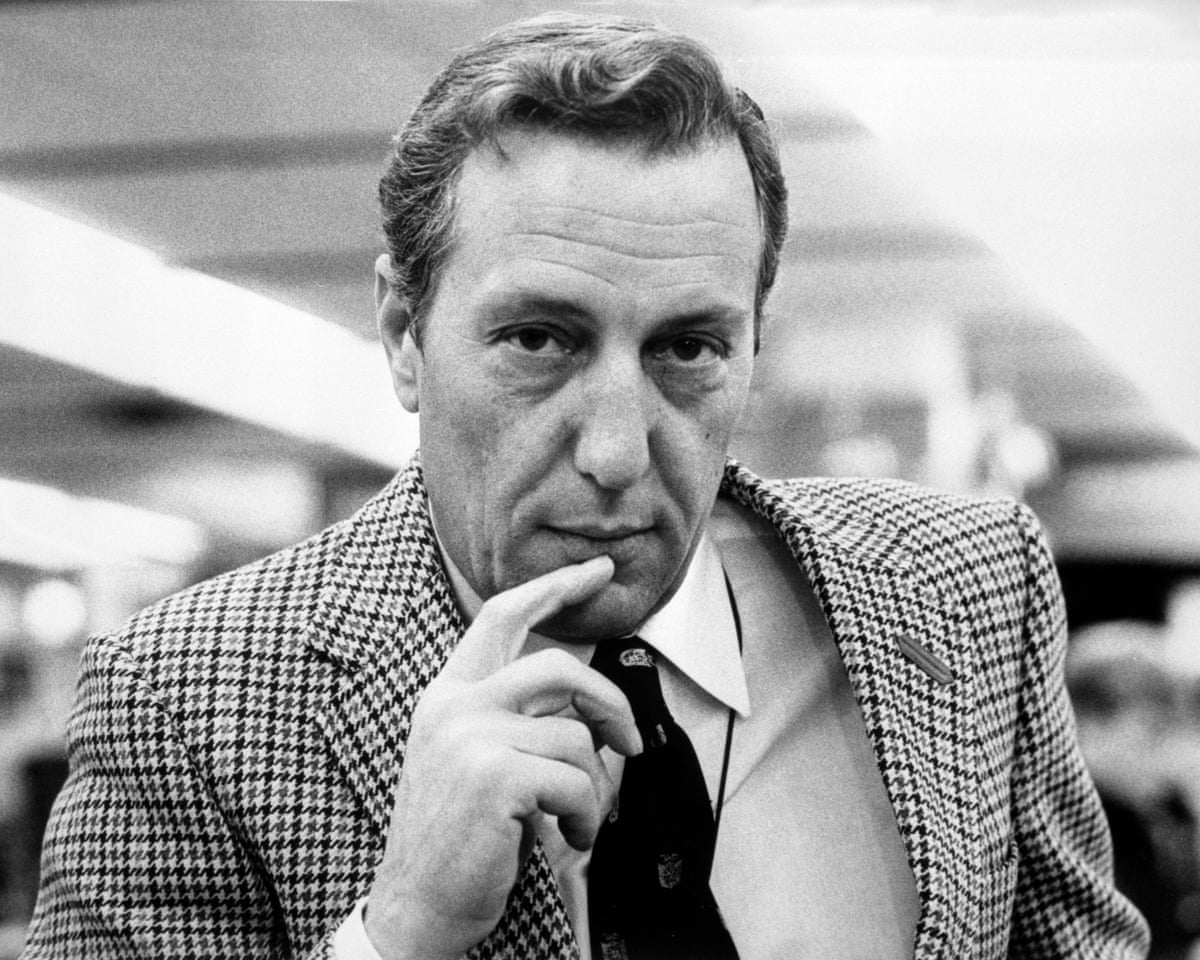
1. **Frederick Forsyth’s Passing and Enduring Legacy**On Monday, June 9, 2025, the literary world mourned the loss of Frederick Forsyth, who died at his home in Jordans, a village north of London. He was 86 years old. His literary representative, Jonathan Lloyd, confirmed the death, stating only that Mr. Forsyth had passed away after a short illness. This announcement marked the end of an era for a writer whose work had become synonymous with the meticulously researched, high-stakes geopolitical thriller, a genre he arguably perfected.
Forsyth’s impact on literature and popular culture is immense, with a career spanning decades and an impressive oeuvre of 24 books, including 14 novels. His works collectively sold more than 75 million copies around the world, a testament to his unique ability to craft narratives that resonated deeply with a global audience. His passing prompted tributes from fellow authors and admirers, who celebrated his distinctive storytelling and the thrilling realism he brought to the genre.
His influence was formally recognized in 2012 when he received the Diamond Dagger award from the Crime Writers’ Association, an honor acknowledging his significant contributions to the crime thriller genre. Beyond this, he was also appointed Commander of the Order of the British Empire in his native U.K., further cementing his status as a national literary treasure. Forsyth’s legacy will undoubtedly continue to excite and entertain for years to come, with his stories living on through countless readers and adaptations.
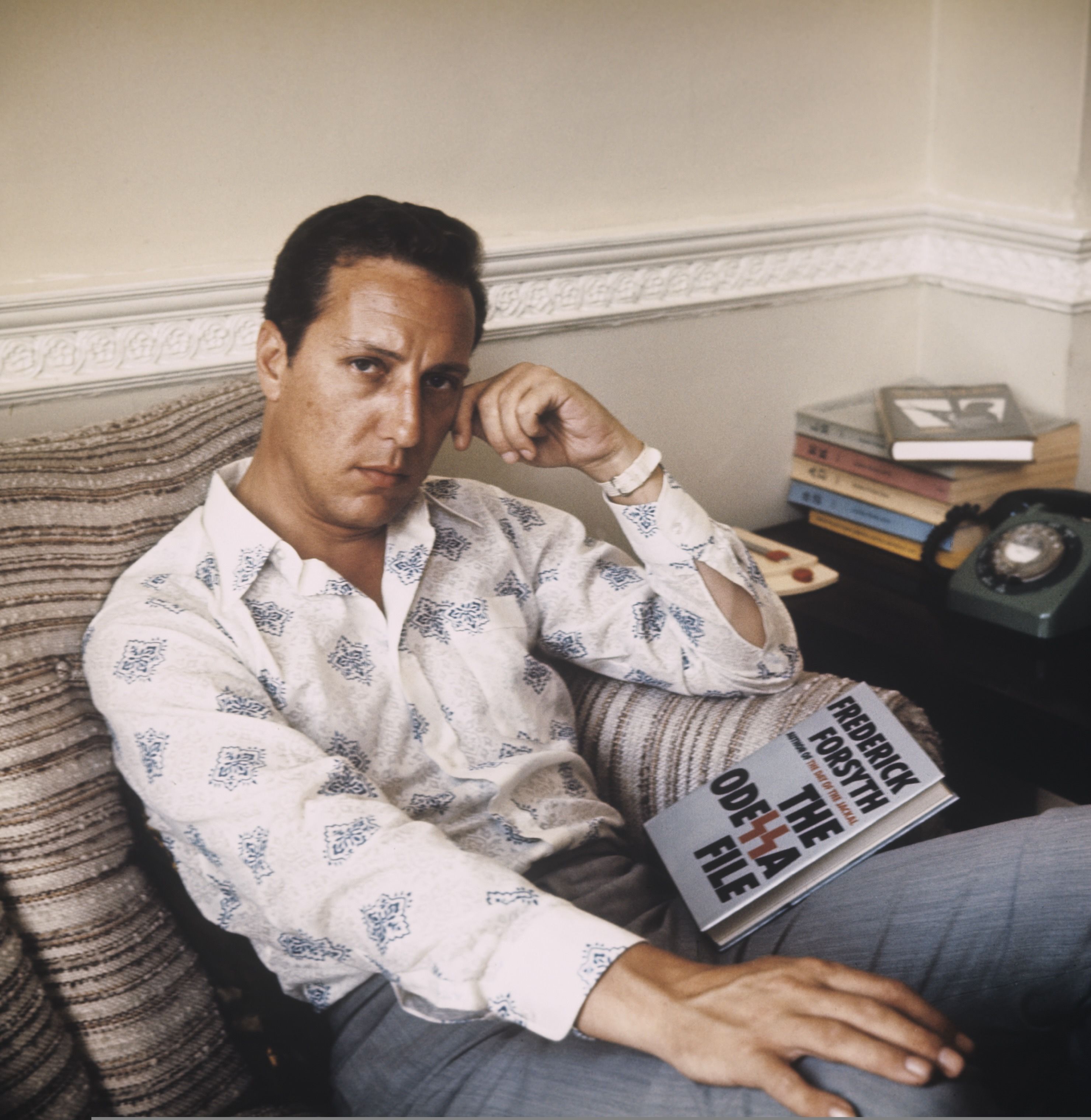
2. **The Architect of the Geopolitical Thriller**Frederick Forsyth carved out a unique niche in the literary landscape as the undisputed master of the geopolitical thriller. His novels were characteristically embedded in an international demimonde populated by spies, mercenaries, and political extremists, offering readers a gripping, behind-the-scenes look at the machinations of global power. He possessed a rare ability to weave intricate plots filled with authentic detail, giving his stories a compelling sense of realism that blurred the lines between fiction and actual events and set him apart from his contemporaries.
A recurring and powerful theme in Forsyth’s work was the juxtaposition of a single individual against sprawling networks of power and money. He famously explained this appeal in 2024, telling The Times of London, regarding “The Day of the Jackal,” “It’s one man against a huge machine. We don’t like machines, so one guy even trying to kill a human being, taking on this vast machine of government, secret intelligence service, police and so on, has appeal.” This motif is evident in tales like an unnamed assassin against the French government, or a lone German reporter against a shadowy conspiracy to protect ex-Nazi officers.
While many of his best works were set during the intense Cold War period of the 1960s and 1970s, Forsyth often ventured beyond the typical U.S.-Soviet rivalry. He explored post-colonial conflicts in Africa or the hunt for ex-Nazis in Europe, showcasing the diverse global landscapes where his intricate plots could unfold. This approach often distinguished him from his literary rival, John le Carré, who zealously guarded the ground of Cold War espionage, allowing Forsyth to explore unique corners of global intrigue.

3. **An Early Life Forged in Adventure**Frederick McCarthy Forsyth was born on August 25, 1938, in Ashford, a town located southeast of London, into a family rooted in commerce. His parents, Frederick and Phyllis (Green) Forsyth, were involved in a fur business owned by his mother’s family, with his father also working as a shopkeeper. Despite a seemingly conventional upbringing, young Frederick harbored an innate desire for a life less ordinary, a trait that would profoundly define his future endeavors and literary output, leading him down paths far removed from his family’s business.
Though he proved to be a decent student, even becoming fluent in French, German, and Spanish, Forsyth openly admitted to having no interest in academics; he later boasted that he never read “the classics.” This revelation underscored his pragmatic, action-oriented approach to learning and living, prioritizing direct experience over theoretical knowledge. This disinterest in traditional scholarly pursuits was not met with resistance but rather encouragement from his parents, particularly his father.
“My father’s advice — if you want an interesting life, bloody well go out and get one — was good. I did,” he recounted to The Daily Mail in 2018. This philosophy guided his early choices, leading him to quit school and seek adventure. In the months he waited to begin his military service, he pursued an unconventional passion: training as a bullfighter in Spain, a clear indication of his daring spirit and thirst for exhilarating, real-world experiences that would later fuel his fictional narratives.

4. **From Royal Air Force Pilot to Roving Diplomatic Correspondent**True to his adventurous inclinations, Frederick Forsyth became one of the youngest pilots in the Royal Air Force, achieving this feat at the age of 19, serving from 1956 to 1958. His three-year commitment saw him flying fighter jets, an experience that undoubtedly honed his observational skills and provided a unique perspective on the world. However, when the military could not guarantee him a continued career flying frontline fighter jets, he made the pivotal decision to leave, seeking new horizons that promised similar thrills.
Seeking a profession that could offer a comparable level of excitement and the freedom to travel, Forsyth turned to journalism. He famously stated that it was “the only job that might enable me to travel and keep more or less my own hours.” This pragmatic choice laid the groundwork for his future as a world-renowned author, as his journalistic career would become the rich vein from which he mined material for his bestselling thrillers, offering him unparalleled access to global events and figures.
After completing a three-year apprenticeship at The Eastern Daily Press in Norwich, England, Forsyth joined Reuters as a roving diplomatic correspondent. This role immersed him in global affairs, taking him to London and Paris from 1961-63, and then to East Berlin as bureau chief from 1963-64. These assignments provided him with invaluable firsthand experience of international relations, espionage, and political intrigue, which he would later skillfully integrate into his narrative fiction and countless cocktail-party anecdotes, adding layers of authenticity to his work.
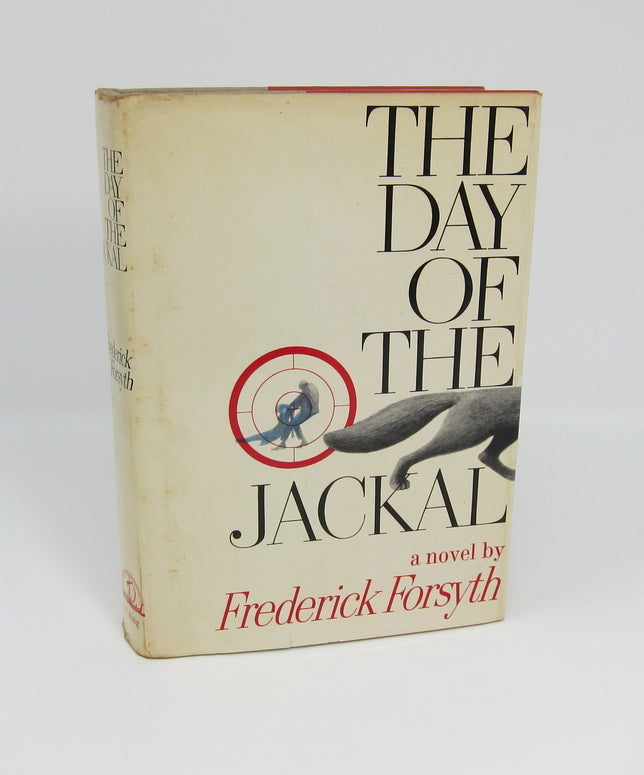
5. **Covering De Gaulle and the Genesis of “The Day of the Jackal”**A particularly formative assignment for Frederick Forsyth came in 1962 when he was tasked by Reuters to follow French President Charles de Gaulle. This was not a routine political beat; rather, it was driven by the intense political climate in France following de Gaulle’s decision to withdraw from Algeria. This move had fomented violent opposition from the country’s far right, particularly the OAS (Organisation armée secrète), and generated serious talk of a coup and assassination attempts, making it a high-stakes journalistic endeavor.
As Forsyth chronicled in the newspaper the Express in 2011, “We were all waiting for the mega-story, the moment when a sniper got him through the forehead.” This period of high tension and constant anticipation, observing the real-life threats against a head of state, provided an indelible impression on the young journalist. It was this direct exposure to the mechanics of a real-world assassination plot, even if ultimately unsuccessful, that planted the seeds for his debut novel, offering a unique insider perspective.
His firsthand experience covering the attempted assassination of de Gaulle by far-right militants proved to be the direct fuel for “The Day of the Jackal,” his first and arguably most famous novel. This immersive reporting, combined with his journalistic eye for detail and understanding of political dynamics, allowed him to construct a narrative of chilling authenticity. The novel’s intricate plot, detailing a professional assassin hired to kill de Gaulle, was thus born directly from the crucible of Forsyth’s early career, giving it a verisimilitude few fictional works could match.

6. **The Biafran Conflict and a Secret Life in Intelligence**In 1965, Frederick Forsyth joined the British Broadcasting Corporation (BBC), a move that would soon place him at the heart of another major global conflict. Two years later, in 1967, he was dispatched to Nigeria to cover the brutal civil war between the central, dictatorial Nigerian government and the breakaway state of Biafra. What he witnessed there — the atrocities committed by the Nigerian government, which was notably supported by Britain — profoundly affected him, challenging his journalistic objectivity and moral stance.
Forsyth’s objective reporting and his strong moral convictions soon put him at odds with his editors at the BBC. When they attempted to rein in his coverage, which he felt was accurately portraying the horrors of the conflict, he resigned in protest in 1968. He returned to Africa as a freelance journalist, determined to report the truth as he saw it, unconstrained by editorial lines. This period of independent journalism further solidified his commitment to revealing hidden truths, a theme that would permeate his fiction and inform his future endeavors.
It was also during his time in Africa that Forsyth began a clandestine association that would shape his life and writing in unexpected ways. In 2015, he revealed that he had worked as an informant for British intelligence, specifically MI6. His reporting on Biafra not only led to his nonfiction work, “The Biafra Story” (1969), but also provided the initial conduit for his intelligence work, where he supplied information to the British foreign intelligence agency, a role he undertook without payment due to the prevailing Cold War zeitgeist, highlighting his deep commitment to broader geopolitical interests.

7. **”The Odessa File” and its Real-World Impact**Following the monumental success of “The Day of the Jackal,” Frederick Forsyth cemented his reputation as a master storyteller with “The Odessa File,” published in 1972. This novel shifted its focus to post-war Germany, delving into the shadowy world of a secret organization of ex-S.S. members named ODESSA. The gripping narrative follows a lone German reporter who uncovers a sinister plot to supply biochemical warheads to Egypt for use against Israel, presenting another intricate tale where an individual bravely confronts a powerful, concealed network. The book quickly mirrored the success of its predecessor and was adapted into a critically acclaimed film in 1974, starring Jon Voight and Maximilian Schell, further solidifying Forsyth’s place in popular culture.
Forsyth’s commitment to historical authenticity was a hallmark of “The Odessa File,” a trait that set his work apart. In his meticulous research for the book, he engaged with Simon Wiesenthal, the famed Nazi hunter, who proved to be a pivotal source of inspiration. It was Wiesenthal who suggested that Forsyth incorporate a real Nazi fugitive, Eduard Roschmann, known chillingly as the “Butcher of Riga,” into the novel’s fabric. This decision to weave actual historical figures and events into his fiction lent an unparalleled layer of realism, making the fictional narrative feel incredibly tangible and urgent.
The real-world repercussions of “The Odessa File” underscore the profound impact of Forsyth’s work. As recounted in his 2015 memoir, “The Outsider,” when the film adaptation of the novel was screened in a small town in Argentina, a member of the audience recognized the character based on Roschmann as their neighbor. This shocking identification led to Roschmann being turned in, prompting him to flee the country, only to die of a heart attack at the border. Forsyth famously remarked that he hoped a copy of his book was tossed into Roschmann’s gravel pit grave, a poignant anecdote that speaks volumes about the lasting, tangible influence of his storytelling.
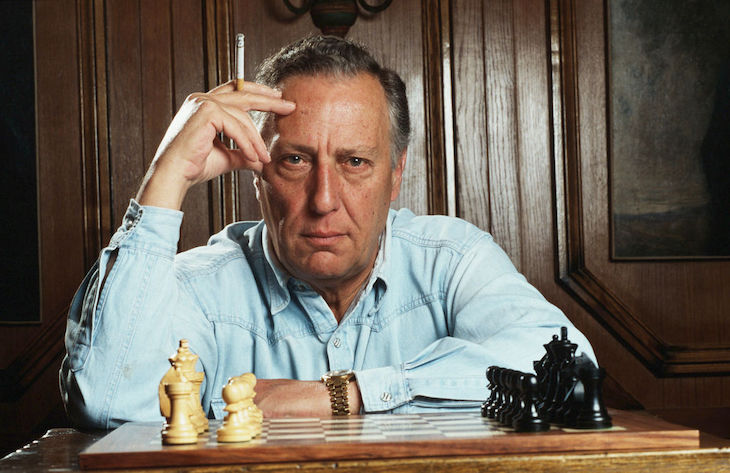
8. **Expanding the Thriller Landscape: “The Dogs of War” and “The Fourth Protocol”**Frederick Forsyth continued to broaden his fictional horizons, drawing from his extensive global experiences to craft more geopolitical thrillers that resonated deeply with readers. “The Dogs of War,” published in 1974, sprang directly from his firsthand observations and disillusionment during the Biafran conflict. The novel tells the compelling story of a group of mercenaries hired by a shadowy British industrialist to stage a coup in a resource-rich African nation, Zangaro, highlighting the cynical machinations of post-colonial power struggles. Its gritty realism and exploration of the mercenary world captivated audiences, leading to a 1980 film adaptation starring Christopher Walken and Tom Berenger, which brought its intense narrative to the big screen.
Demonstrating his versatility and willingness to tackle diverse facets of international intrigue, Forsyth ventured into the treacherous grounds of Cold War espionage with “The Fourth Protocol,” released in 1984. Many critics considered this twisting tale of nuclear espionage and radical-left politics in Britain to be among his finest works, a testament to his ability to craft complex, high-stakes narratives. The novel’s plot, involving a KGB major’s unsanctioned mission to detonate a hidden atomic device in the U.K. to destabilize Anglo-American relations, showcased Forsyth’s mastery of detailed, suspenseful plotting. Its subsequent British-made film adaptation in 1987, starring Michael Caine and Pierce Brosnan, further underscored the book’s enduring appeal and significance within the spy thriller genre.
These works, alongside his earlier triumphs, firmly established Forsyth as a writer capable of exploring a wide array of global conflicts and clandestine operations. Whether dissecting the brutal realities of mercenary warfare or the intricate layers of Cold War espionage, he consistently delivered narratives characterized by their deep research, compelling characters, and a chilling sense of plausibility. His ability to move beyond the U.S.-Soviet rivalry, often exploring post-colonial African conflicts or the hunt for ex-Nazis, carved a distinct space for him, distinguishing his contributions to the thriller genre from those of his contemporaries.

9. **Meticulous Research: The Foundation of Realism**One of the defining characteristics of Frederick Forsyth’s work, and arguably the bedrock of his enduring appeal, was his obsessive dedication to meticulous research. He famously adhered to a rigorous process, often spending six months immersing himself in a subject before writing a single word. This methodical approach allowed him to accumulate an astonishing level of detail, lending his narratives an almost documentary-like authenticity that blurred the lines between fiction and reality, making his thrillers uniquely credible and gripping.
This careful attention to detail was not merely for background color; it was integral to the plot and character development. A prime example of this can be found in his debut novel, “The Day of the Jackal,” where the assassin’s methods are described with chilling precision. Forsyth painstakingly detailed the minutely described process by which the assassin constructs a specialized rifle, designed to be broken down and concealed within a crutch. Such granular information, gleaned from exhaustive investigation, provided readers with an unparalleled sense of verisimilitude, convincing them that such a plot could, in fact, unfold in the real world.
This commitment to factual accuracy and technical detail was a cornerstone of his writing style, ensuring that his intricate plots were not only thrilling but also believable. His ability to present complex operational procedures, political machinations, and technological specifics with such clarity and authority earned him widespread praise. It was this journalistic rigor, transplanted into the realm of fiction, that allowed Forsyth to craft stories that felt less like conventional thrillers and more like privileged glimpses into a clandestine reality, forever setting a high benchmark for the genre.
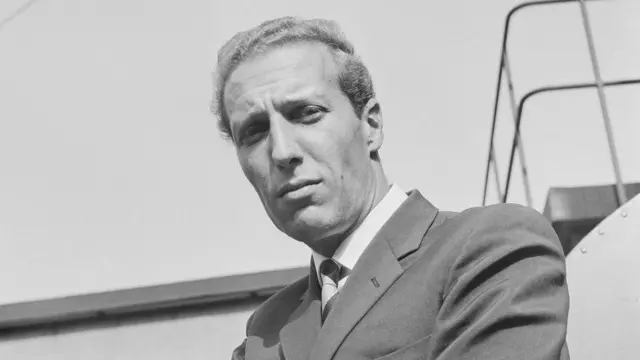
10. **A Clandestine Life: Deeper Intelligence Work**Frederick Forsyth’s life was arguably as thrilling and complex as his novels, a reality he candidly unveiled in his 2015 memoir, “The Outsider.” In a revelation that confirmed long-held suspicions among his fans, Forsyth disclosed that he had worked as an informant for British intelligence, specifically MI6, for more than two decades. This clandestine association began during his reporting on the Biafran War, where he provided information without payment, driven by the prevailing Cold War zeitgeist and a deep commitment to broader geopolitical interests. His journalistic travels to hotspots like Rhodesia, South Africa, and, at the height of the Cold War, East Germany, were not solely for reporting but also for intelligence gathering, adding an extraordinary dimension to his already adventurous life.
One particularly dramatic anecdote from his intelligence career involved a perilous mission to Dresden, then in communist East Germany, in 1973. Forsyth recounted that he was tasked with retrieving a package from a Russian mole and narrowly avoided capture by the KGB station chief. With characteristic wit and understated bravado, he recalled, “He thought he would stop me himself, but he quartered the wrong road… I was on the other one.” This harrowing escape, which saw him crossing the border with mere minutes to spare, highlights the very real dangers he faced in his dual life, providing a chilling authenticity to the espionage scenarios he later crafted in his books.
Intriguingly, Forsyth initially recalled that the KGB station chief he evaded in Dresden was Vladimir V. Putin, who would later become the president of Russia. However, historical records later clarified that Mr. Putin did not arrive in Dresden until 1985, long after Forsyth’s incident. While this detail was corrected, the essence of the story—a high-stakes encounter with a formidable adversary in a hostile environment—remains a powerful testament to the dangerous, real-world experiences that deeply informed his fictional narratives, bridging the gap between his secret life and his celebrated literary output.
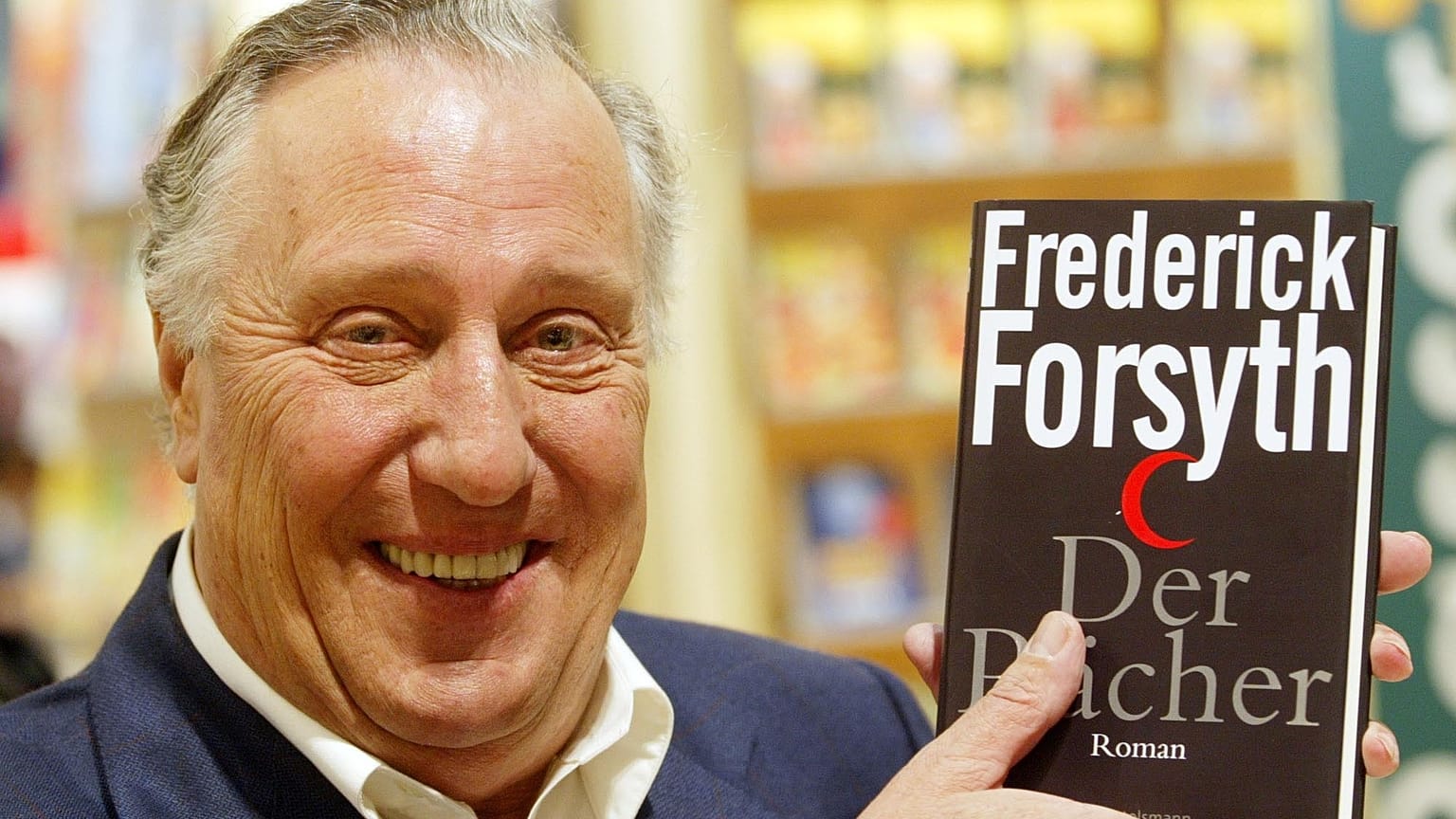
11. **Enduring Influence and Final Works**Frederick Forsyth’s contributions to the crime thriller genre were formally recognized in 2012 when he received the prestigious Diamond Dagger award from the Crime Writers’ Association, an honor acknowledging his significant and lasting impact on literature. Beyond this, he was appointed Commander of the Order of the British Empire (CBE) in the U.K., cementing his status as a national literary treasure. These accolades underscore a career marked not only by commercial success but also by critical acclaim for pioneering a style that redefined the modern thriller, characterized by its rigorous research and chilling realism.
His legacy continues to resonate profoundly, with his seminal works repeatedly finding new life on screen. “The Day of the Jackal” saw a major television series adaptation starring Eddie Redmayne in 2024, proving the timeless appeal and adaptability of his original vision decades after its initial publication. This ongoing interest in his stories, from classic film versions to contemporary streaming series, ensures that Forsyth’s intricate plots and compelling characters continue to captivate new generations of audiences, highlighting his enduring cultural footprint.
Even in his later years, Forsyth’s creative spark remained vibrant. Despite his earlier pronouncements of retirement, he returned to the literary scene with “The Fox” in 2018. His final literary endeavor, a sequel to “The Odessa File” titled “Revenge of Odessa,” co-authored with Tony Kent, is slated for publication in November. As Bill Scott-Kerr, his publisher, eloquently stated, Forsyth’s thrillers “define the genre and are still the benchmark to which contemporary writers aspire.” Indeed, Frederick Forsyth leaves behind a peerless legacy, a body of work that will undoubtedly continue to excite and entertain for years to come, a testament to a master storyteller whose life was as rich and intriguing as the worlds he created.
Frederick Forsyth’s passing marks the end of an extraordinary era, but his voice, sharp and incisive, lives on in the pages of his enduring works. He was a writer who didn’t just tell stories; he crafted meticulously researched narratives that felt startlingly real, reflecting a life lived fully, with adventure, danger, and a keen eye for the hidden gears of global power. From bullfighting rings to clandestine intelligence missions, every experience became fodder for his fertile imagination, leaving us with a collection of thrillers that are not merely entertainment but vital chronicles of the human condition against the backdrop of an often perilous world. As readers continue to delve into his intricate plots and complex characters, they will discover anew the genius of a man who truly masterminded the geopolitical thriller, ensuring that his legacy will forever thrill and inform.”

